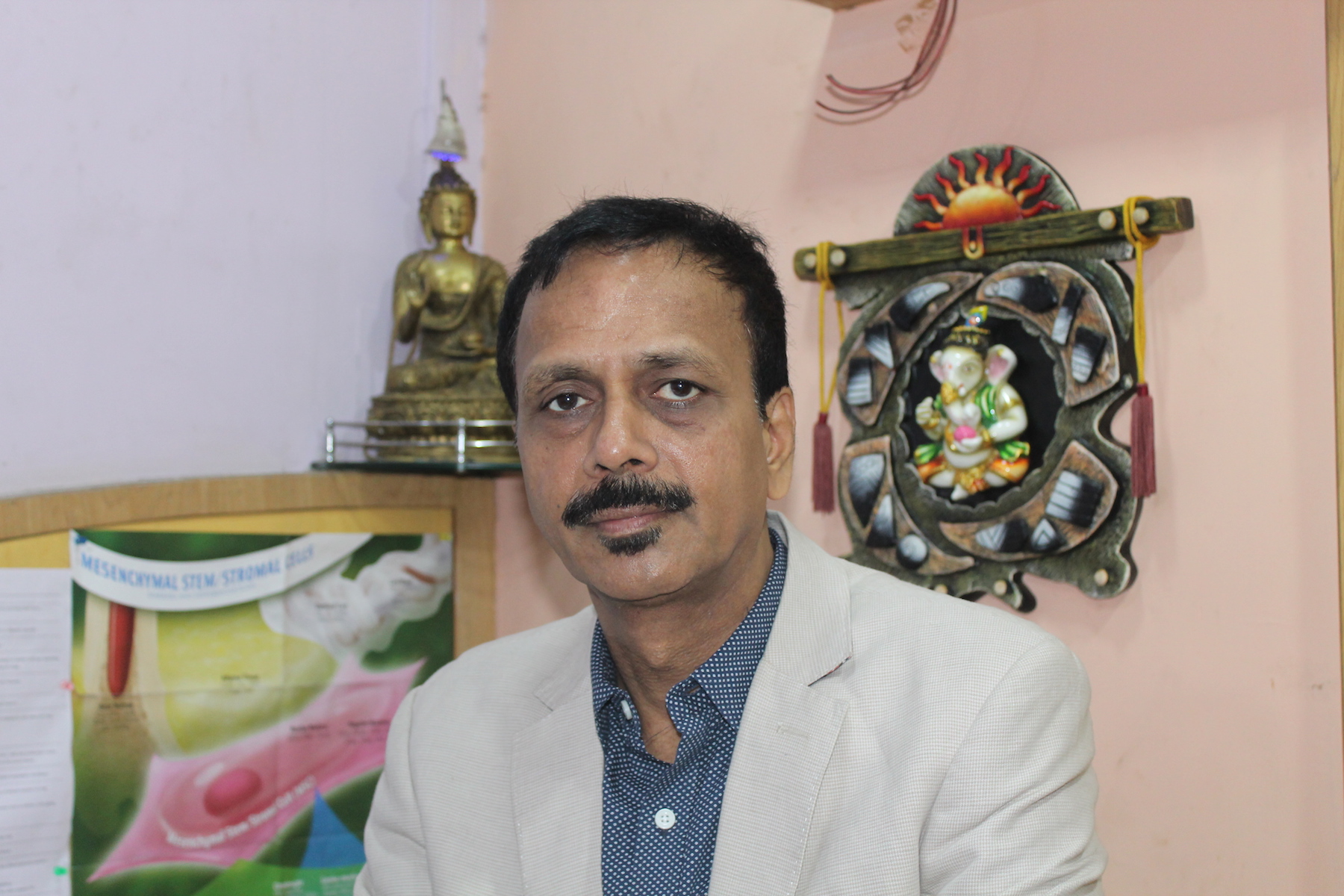
Hepatitis causes inflammation of the liver; it can cause either acute and chronic infection or inflammation. Liver is one of the few organs in the body with regenerative properties. Hepatitis is a group of infectious disease known as Hepatitis A, B, C, D and E. As per World Health Organization (WHO), in India, 40 million people are infected with Hepatitis B and around 6 to 12 million people are infected with chronic Hepatitis C.
Hepatitis is asymptomatic, it is estimated that only 5% of people with chronic hepatitis know of their infection, and less than 1% have access to treatment. Symptoms of Hepatitis are jaundice, dark colored urine, fatigue, nausea, vomiting and abdominal pain. Hepatitis B, C and D are commonly transmitted through blood, semen and other body fluids. Although Hepatitis A does not generally result in chronic infection, Hepatitis B and C can increase incidence of liver cirrhosis, liver failure or liver cancer.
Vaccinations are now available for hepatitis A, B and C but Hepatitis B and C are the most common cause of liver cirrhosis and cancer, according to WHO. Dr Pradeep Mahajan, Regenerative medicine researcher, says “Liver disease can progress to cirrhosis and liver failure. The majority of the liver (80 %) is made up of liver cells called hepatocytes. These cells have an average lifespan of 150 days, which means that the liver is constantly renewing itself under normal conditions. It is only organ that can regenerate. In many countries, autologous cells therapy is used for clinically treating liver disease. The major advantage with using these cells is that because they come from the patient, there is no risk of rejection when they are transplanted back.”
“Mesenchymal stem cells (MSCs) are capable of promoting regeneration of liver tissue. Autoimmune hepatitis may benefit by the immune-modulatory potential of MSCs. Bone marrow MSCs have also been shown to reduce levels of liver enzymes and subsequently resolve inflammation. It is the Anti-fibrotic property of MSCs which aids in eliminating fibrotic or scar tissue that would otherwise impair vascular supply and delay regeneration”.





Be the first to comment